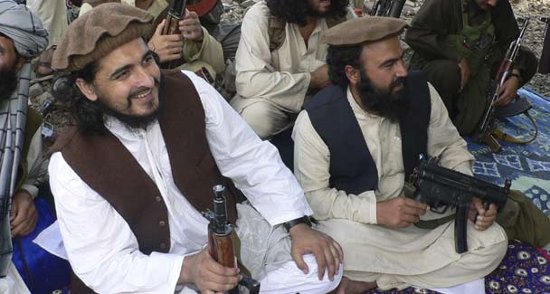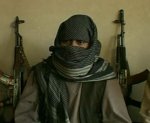Iraq Report: Al Qaeda's northern Offensive, Chlorine attack in Diyala
Thursday has been relatively quiet in Iraq, as al Qaeda in Iraq appears to have spent its energy on a major offensive conducted in Diyala, Niwena, and Kirkuk on Wednesday. A significant number of Iraqi Army units have redeployed to secure Baghdad, and al Qaeda and other insurgent groups have exploited the security gap.
In Mosul, over 200 al Qaeda attacked a police station on Wednesday. Fifteen terrorists and four police were killed in the battle. Also, al Qaeda attacked and destroyed two bridges in Mosul in a coordinated suicide car bomb attack. These are the sixth and seventh bridges hit over the past two months. In Kirkuk, al Qaeda conducted a series of attacks against municipal leaders, police, a school, and a health center.
The casualty toll in yesterday's suicide bombing in Abu Sayada in Diyala has increased, and it was confirmed that chlorine gas was used. Forty-five were killed and 60 wounded in the chlorine suicide attack, al Qaeda's tenth successful employment of the poisonous gas in Iraq. Elsewhere in Diyala, al Qaeda "abducted 21 civilian passengers at a fake checkpoint near Al-Ghalibiya" and brought them to Al-Hashemeyat, which is a known al Qaeda stronghold.
Coalition and Iraqi forces continue operations against al Qaeda's network nationwide. On May 15, Task Force 145 killed four al Qaeda and captured 30 suspected members of the network during raids in Karma, Anbar province, Mosul, and Tarmiya. Four al Qaeda were killed and 17 captured in Karma alone. Iraqi Army operations inside Baghdad resulted in two insurgents killed and another 51 captured. A further 13 roadside bombs were disabled.
In the south, the Iraqi Special Forces captured the leader of a "a rogue element of the Jaysh al-Mahdi (JAM) which is involved in extensive improvised explosive device (IED) attacks in the Basrah area." Violence in the Basra region has increased remarkably since the British announced they would begin withdrawing troop and rival Shia factions, some backed by Iran, started to battle for power. The increase in violence in the south has caused the British military to nix the deployment of Prince Harry, a lieutenant in charge of a reconnaissance section. "Britain's Ministry of Defence said specific threats made by insurgent groups against Harry, including listing him as a kidnap target, had made any deployment far too risky," Reuters reported.


